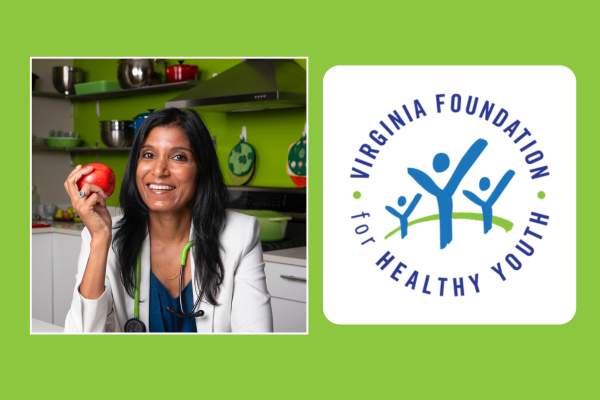
As a pediatrician and founder of the Dr. Yum Project, I’ve worked with so many families who are doing their best to help their kids eat well—but it’s not always easy. For some children, especially those with developmental delays, learning to eat a variety of healthy foods can be a real challenge. Over the years, I began to ask myself a question:
What if we approached teaching kids how to eat the same way we teach them how to read?
🎧 Click here to hear the episode.
That question became a guiding principle for our team as we developed the Dr. Yum Food Adventure, a nutrition curriculum built to support all children, including those who struggle with feeding. In the same way that we don’t expect kids to pick up a book and read without learning their letters first, we shouldn’t expect kids to love every food without first helping them build essential feeding skills—like sensory tolerance, curiosity, and trust at the table. Instead of labeling children as "picky eaters," we could raise "learning eaters" who we patiently support and uplift as they learn this foundational skill.
I recently had the opportunity to share this perspective on the Champions for Youth Podcast from the Virginia Foundation for Healthy Youth. In the episode, I talk about how the Food Adventure was created, how it supports children at risk for feeding difficulties, and why nutrition education must be inclusive and developmentally appropriate.
If you’ve ever wondered how to better support kids in learning to eat well—especially those who need a little extra help—I hope you’ll give it a listen.
Let’s reimagine the way we teach kids about food—one small bite at a time.
